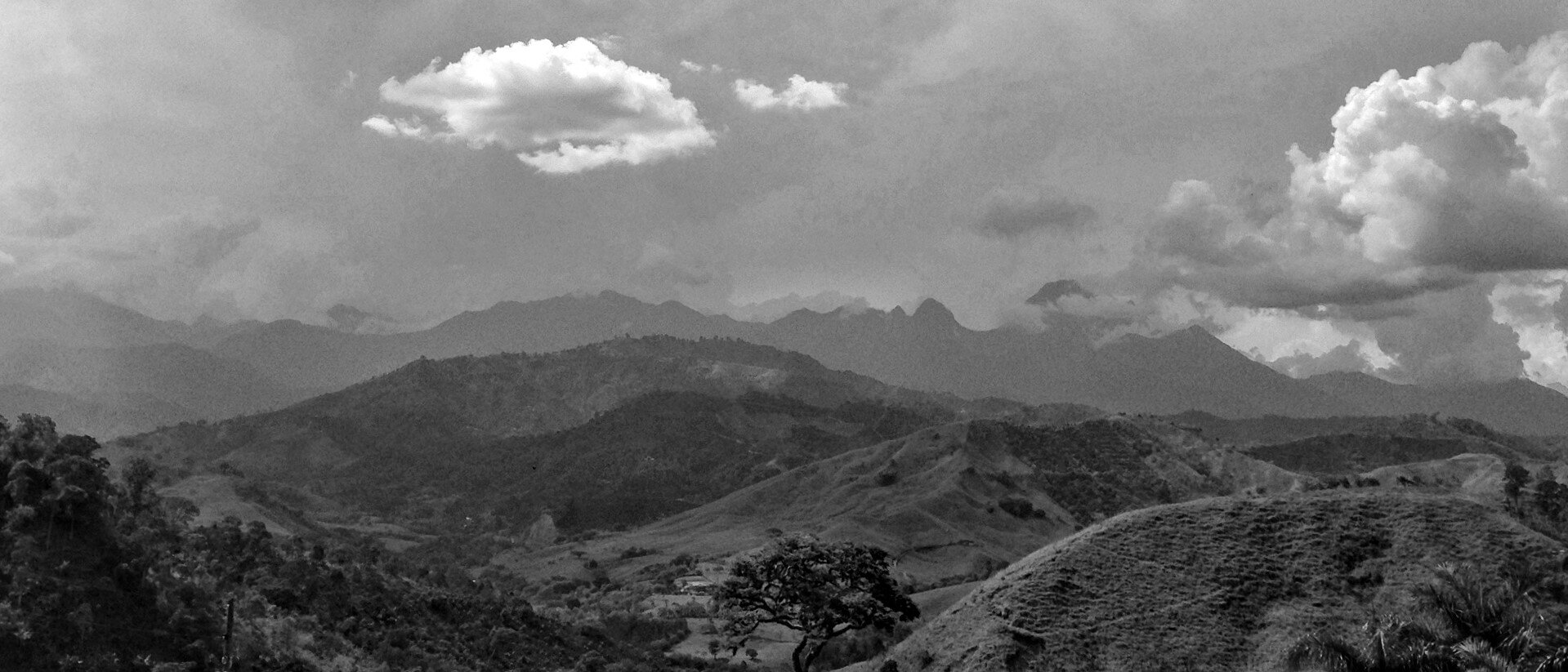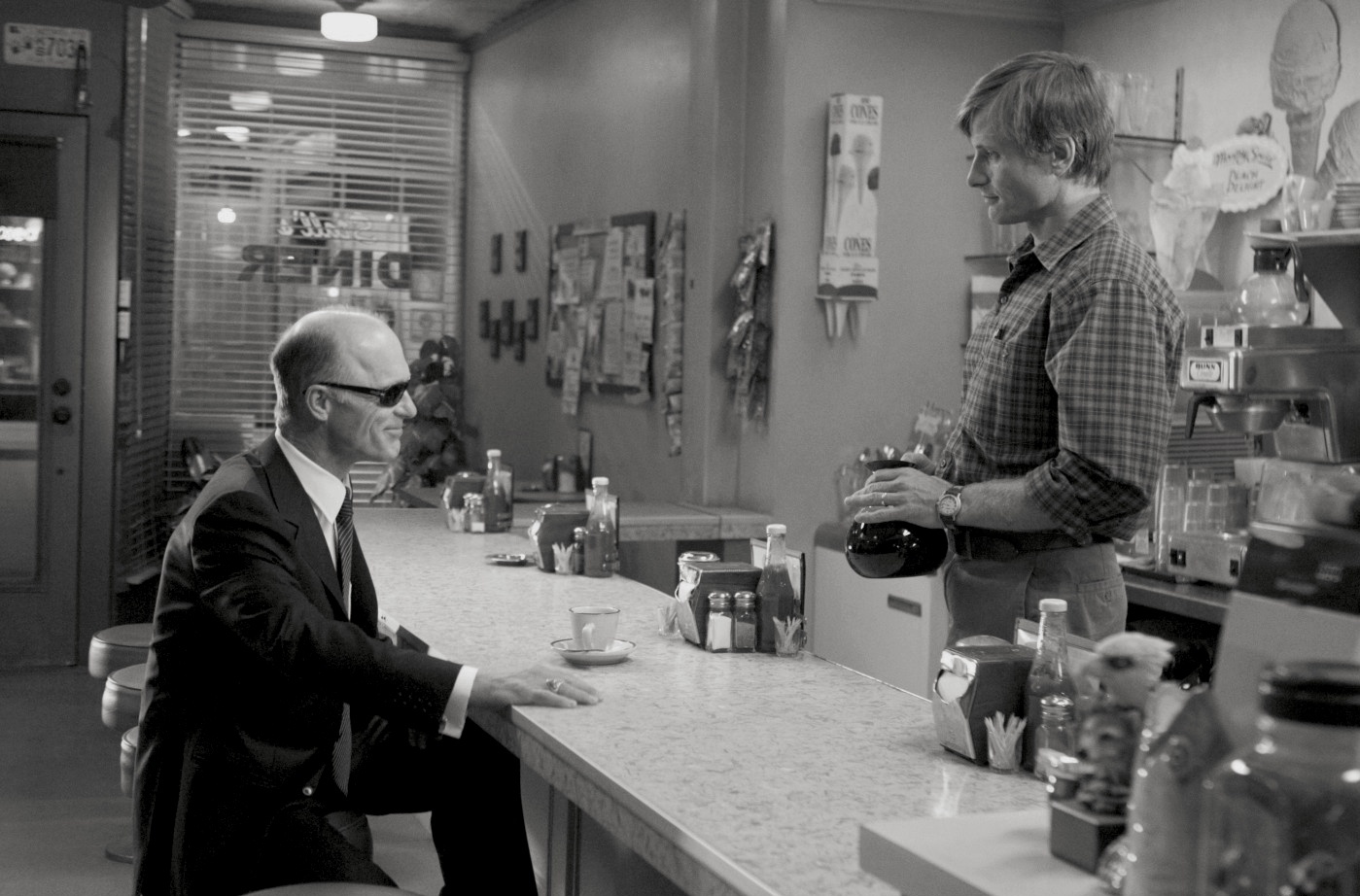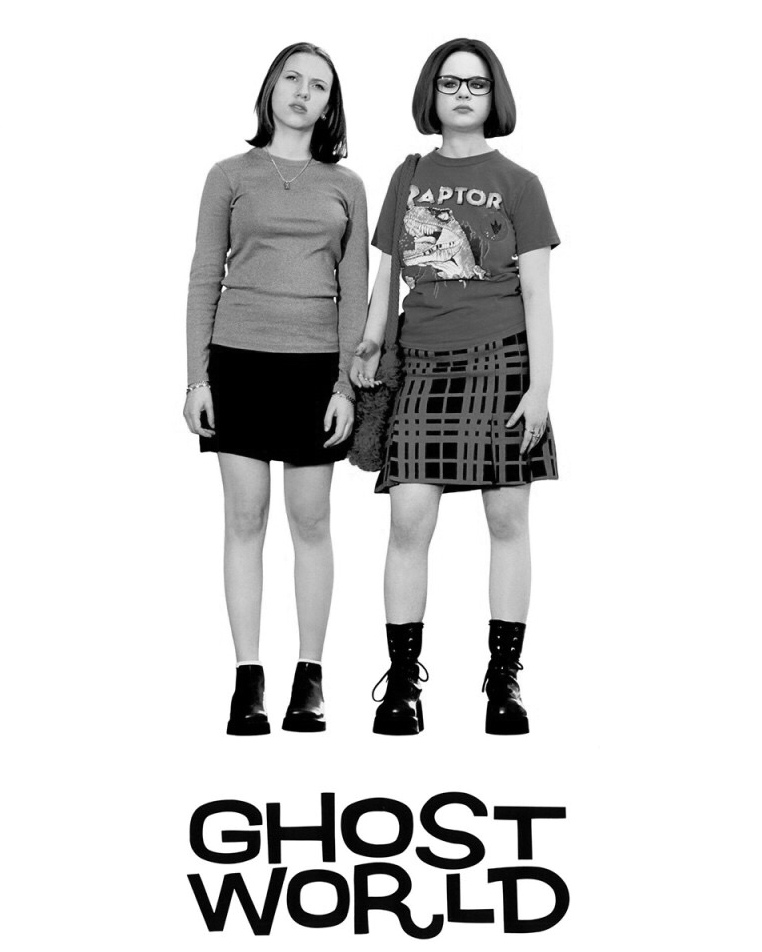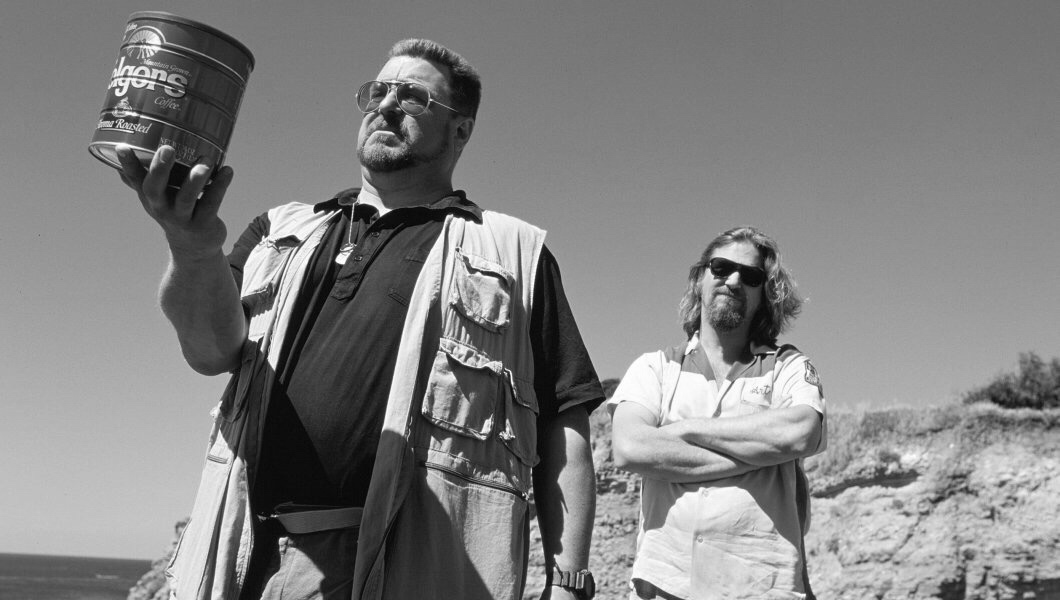
Two hands cradle a coffee cup with latte art, resting on a folded newspaper. Via Pixabay.
Happy Saturday, and here’s some coffee news for you.
NCA Report Shows Dramatic Shifts In Pandemic-Era Coffee Drinking Trends - via Daily Coffee News
The National Coffee Association (NCA) is trying to make sense of coffee consumption in the COVID-19 era, and their latest report shows, well, basically what you’d expect.
People still drank coffee last year, with only a slight decrease from 2019. However, it’s where that coffee-drinking took place that illustrates the difference a year makes: coffee shops were down 33%, workplaces -55%, and restaurants -50% for full-service and -33% for quick-service. Basically, we’re still drinking coffee, just more likely at home than in the usual haunts.
This is backed up by the fact that 23% of coffee drinkers bought some kind of new coffee machine in the past year (🙋♂️).
A Premium Coffee Shortfall Is Getting Worse, Lifting Latte Costs - via Bloomberg
Droughts in Brazil, international shipping issues, and now floods in Colombia—of course Bloomberg is worried about the cost of lattes increasing.
“Given the supply conditions, the market is vulnerable to a rally,” one financier said.
Vulnerable. To a rally.
That would be the coffee price that has been catastrophically low for decades, pushing millions of producers into debt or worse and contributing to the increase in migration from Central and South America.
Whether a rally would actually help said producers is debatable, but it’s telling that the focus of these pieces tends to be on the consumer (and the investor, as this is Bloomberg).
Oregon Coffee Shop Fined $27,470 For COVID-19 Safety Violations - via Daily Coffee News
See, this is why we can’t have nice things.
We’re so close, people. Get your vaccine, wear your damn mask, and maybe soon we’ll be able to enjoy coffee shops again.
But no, some people have to continue being contrarian and antagonistic, spread the virus, and make life harder for everyone.
This story concerns Kevista Coffee, a Bend, Oregon-based specialty coffee shop that has repeatedly violated workplace safety rules over the past year.
“[Oregon Occupational Safety and Health Administration] said numerous complaints from the public led to an inspection, during which the owners told OSHA they were aware of the state-ordered workplace health requirements but chose to reopen anyway.”
Come on.
Coffee Waste Can Supercharge The Growth Of New Forests - via BBC Science Focus
This is a good story, and my kind of study: someone thought “Let’s dump a bunch of coffee waste and see if it helps reforestation.” And it does!
Researchers in Costa Rica spread 30 dump trucks of coffee pulp (how much coffee pulp fits in a dump truck? Does it matter?) across an area of deforested land, and then basically left it to do its thing. And the results, as they say, will shock you.
“The results were dramatic,” Dr. Rebecca Cole from the University of Hawai’i, lead author of the study, said. “The area treated with a thick layer of coffee pulp turned into a small forest in only two years while the control plot remained dominated by non-native pasture grasses.”
After two years, the land with the pulp had 80% canopy cover compared with just 20% in the control plot, and the pulpy area had taller trees and better soil nutrition.
Dr. Cole says the next step is to try this approach on more varied landscapes, but with 10 million tons of coffee generated each year, and about 45% of the coffee biomass discarded, there’s a lot of waste to deal with and a lot of land needing reforesting.

Long shot of Colombian coffee farms with mountains in the distance.
More Headlines
Brazil's Cooxupe Coffee Co-op Sees Output From Associated Growers Falling 32%
Cup Of Excellence Introduces Online Sensory Training In Two New Events
The Week In Corporate Coffeewashing
A whole bunch of giant coffee corporations—including Jacobs Douwe Egberts, Starbucks, Lavazza Group, and of course Nestlé—are joining “a pre-competitive research initiative with the goal of progressively reducing pesticide usage in coffee farming.”
Spearheaded by the French research agency CIRAD and supported by a number of prestigious institutions, the goal, according to the article in Daily Coffee News, is to “[eliminate] the practice of pesticide usage—including herbicides, fungicides and insecticides—in conventional coffee farming.”
How?
Well, they don’t say exactly. However, “the broad plan is to involve industry actors and researchers to create a series of baseline studies to serve as an audit of current pesticide usage in coffee farming.” This year, the plan is “to engage with major sustainability platforms while organizing workshops to engage experts and begin exploring current and potential pesticide-reducing solutions.”
Obviously eliminating pesticide use in coffee farming is a worthwhile goal, and involving the biggest purchasers is a good idea, but the announcement sounds suspiciously weasel-wordy, not to mention presumptuous to announce it before anything’s actually been done. Also, what sort of funding support are these giant companies contributing?
Is Coffee Good For You?
No new news this week, so let’s take that as a positive thing.
What To Read
Until next week, drink good coffee. Wear your mask. Get your vaccine when you can! And be nice to your barista.

Apr 9, 2017 Coffee At The Movies Episode 6: A History Of Violence Apr 9, 2017 Apr 9, 2017

Dec 15, 2016 Coffee At The Movies Episode 5: Pulp Fiction Dec 15, 2016 Dec 15, 2016

Dec 8, 2016 Coffee At The Movies Episode 4: Ghost World Dec 8, 2016 Dec 8, 2016

Dec 1, 2016 Coffee At The Movies Episode 3: Looper Dec 1, 2016 Dec 1, 2016

Nov 24, 2016 Coffee At The Movies Episode 2: The Big Lebowski Nov 24, 2016 Nov 24, 2016

Nov 17, 2016 Coffee At The Movies Episode 1: Scott Pilgrim Vs The World Nov 17, 2016 Nov 17, 2016






